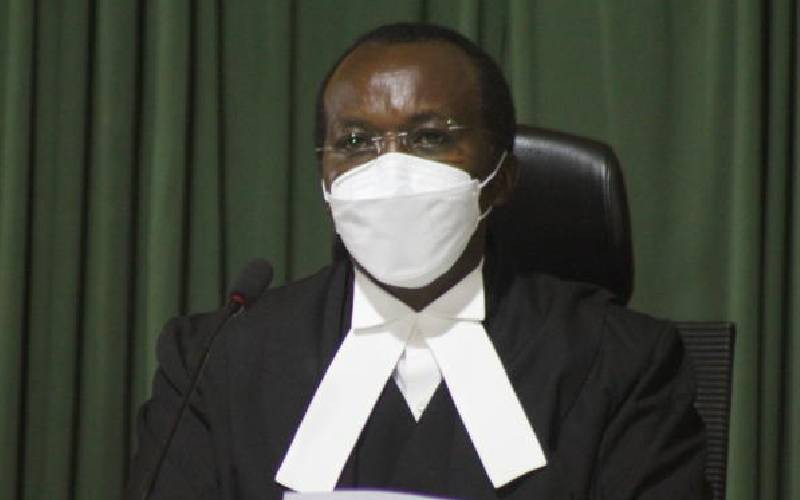A woman has been arrested after accusing her ex-boyfriend of being a paedophile on Facebook.
The 41-year-old, of Darlington, County Durham, was cautioned for malicious communications after she posted the man’s name and photograph alongside the defamatory comments.
Her post was quickly shared by others, much to the horror of the victim, who is from Newton Aycliffe, County Durham, and believed to be her ex-partner.
The woman’s arrest, last week, has prompted fresh warnings of the serious consequences of misusing social media, with police vowing to ‘knock on the doors of those responsible.
Inspector Mark Hall, of Newton Aycliffe Police, said: 'The victim was absolutely distraught as you would imagine.
'His family were also very concerned and worried about what the repercussions would be.
'There is not truth in the allegations at all.'
Inspector Hall said the misuse of social networking sites could have serious consequences.
'People think they can do and say what they want,' he said.
'All it takes is the click of a button and it is done. But it is bigger than that and the implications can be serious.
'Police will come knocking on the doors of those responsible.'
Newton Aycliffe Neighbourhood Police Team posted a warning on its own Facebook page, stating: 'Don’t believe every comment on Facebook - female arrested and cautioned for malicious communications after putting on Facebook untrue fact about Newton Aycliffe male being a paedophile.'
Within 24 hours, more than 100 people had liked and shared the post, which has since been removed.
One Facebook user commented: 'She needs naming and shaming for this appalling behaviour.'
Angela Rainey, senior lecturer in media law at Teesside University, said people could be extremely naive when using social media.
'If you are making an accusation or offensive remark on social media you are at risk of defamation,' she said.
Stay informed. Subscribe to our newsletter
'You can’t just say anything you like about people and expect there will be no repercussions.
'It is one thing to insult people but when you start accusing people of crimes you are moving into a darker area altogether.
'When you voice your opinions on Facebook or Twitter it will spread quickly, far faster and to far more people than if you went out and shouted in the street.
'Also, if you share or re-tweet a defamatory statement, you are just as responsible as the person who originally posted it.'
Facebook does not comment on individual cases but a spokesman said users are actively encouraged to use the tools provided to report any objectionable content they encounter.
Profiles, pages, photos or groups can be removed from the site for many reasons, including bullying and harassment.
 The Standard Group Plc is a
multi-media organization with investments in media platforms spanning newspaper
print operations, television, radio broadcasting, digital and online services. The
Standard Group is recognized as a leading multi-media house in Kenya with a key
influence in matters of national and international interest.
The Standard Group Plc is a
multi-media organization with investments in media platforms spanning newspaper
print operations, television, radio broadcasting, digital and online services. The
Standard Group is recognized as a leading multi-media house in Kenya with a key
influence in matters of national and international interest.
 The Standard Group Plc is a
multi-media organization with investments in media platforms spanning newspaper
print operations, television, radio broadcasting, digital and online services. The
Standard Group is recognized as a leading multi-media house in Kenya with a key
influence in matters of national and international interest.
The Standard Group Plc is a
multi-media organization with investments in media platforms spanning newspaper
print operations, television, radio broadcasting, digital and online services. The
Standard Group is recognized as a leading multi-media house in Kenya with a key
influence in matters of national and international interest.









